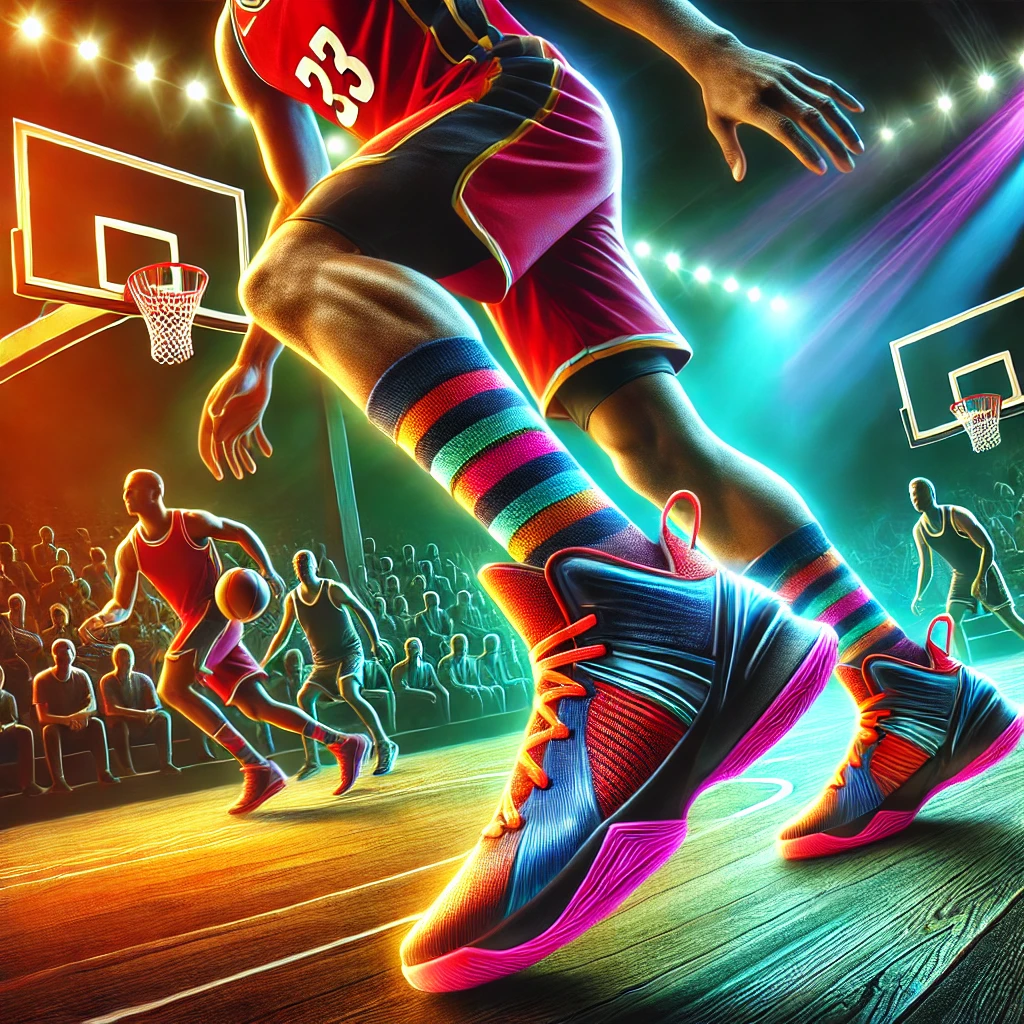
In the NBA, a player’s legacy is often defined by more than their on-court achievements. Championships, records, and accolades are important, but so too are the cultural and financial impacts of their brand—most notably, their sneaker deals. From Michael Jordan’s revolutionary partnership with Nike to today’s multimillion-dollar endorsements, the “sneaker wars” have become a battleground for influence, style, and lasting legacy.
The Birth of Sneaker Culture in the NBA
The NBA’s relationship with sneaker culture exploded in the 1980s, thanks largely to Michael Jordan and his groundbreaking deal with Nike. The Air Jordan line became a cultural phenomenon, blending performance with lifestyle appeal and setting a new standard for player-brand partnerships.
- Legacy Impact: The success of Air Jordan transcended basketball, making Jordan not only one of the greatest players of all time but also a global icon. His partnership with Nike established the blueprint for how a sneaker deal could enhance a player’s legacy.
Modern-Day Sneaker Deals: Big Money and Bigger Stakes
Today’s NBA stars command massive contracts for sneaker endorsements. These deals are more than just financial arrangements—they are extensions of a player’s brand and identity.
- Signature Shoe Lines: Players like LeBron James, Kevin Durant, and Stephen Curry have signature lines that generate billions in revenue. These shoes serve as symbols of their influence and create deeper connections with fans.
- Emerging Stars: Rising talents such as Ja Morant, Luka Dončić, and Zion Williamson have also joined the sneaker wars, signing lucrative deals that reflect their potential to become global icons.
The Influence on Player Legacies
- Cultural Relevance: Players with iconic sneakers often achieve a level of cultural relevance that extends beyond the sport. For example, Allen Iverson’s Reebok Question series became synonymous with his influence on hip-hop culture and streetwear, cementing his place as a cultural trailblazer.
- Fan Connection: A successful sneaker line can deepen a player’s bond with their fanbase. Sneakers are a tangible way for fans to connect with their favorite stars, turning players into household names.
- Global Reach: Shoes can make players global ambassadors for the game. For instance, Yao Ming’s partnership with Chinese sneaker brand Li-Ning helped expand basketball’s reach in Asia, while LeBron James’ Nike deals have positioned him as a worldwide figure.
Competition Among Brands
The sneaker wars aren’t just about players; they’re also fierce battles among brands like Nike, Adidas, Under Armour, and Puma.
- Nike Dominance: With a roster including LeBron James, Kevin Durant, and Giannis Antetokounmpo, Nike has long been the dominant force in basketball footwear.
- Challengers Rising: Adidas has made strides with stars like James Harden and Damian Lillard, while Under Armour’s partnership with Stephen Curry turned the company into a serious competitor. Puma and New Balance have also re-entered the basketball market, signing players like LaMelo Ball and Kawhi Leonard.
Signature Shoes vs. Team Deals
Not every player lands a signature shoe deal, but even team-oriented contracts can boost a player’s profile.
- Role Players with Influence: Players like PJ Tucker, known as the “Sneaker King” for his vast collection, show that even non-superstars can make waves in the sneaker world.
- Global Partnerships: Companies often sign international stars to appeal to broader markets. For example, Luka Dončić’s deal with Jordan Brand capitalizes on his European roots and global appeal.
Challenges and Controversies
- Performance vs. Style: Players sometimes face criticism if their shoes focus more on aesthetics than performance, potentially damaging their reputation among fans and athletes.
- Market Saturation: The influx of new signature lines has created fierce competition for consumer attention, making it harder for any single player to dominate the market like Michael Jordan did.
- Public Relations Risks: Players and brands can face backlash over manufacturing issues, pricing, or controversial marketing campaigns. For example, the high price of certain sneakers has sparked debates about accessibility and fairness.
The Future of Sneaker Wars
The sneaker wars show no signs of slowing down, with evolving technology, sustainability efforts, and customization driving innovation. Players who can balance performance with cultural influence will continue to shape the conversation.
- Digital Sneakers: Virtual sneakers for use in metaverses and video games are an emerging trend, offering players another avenue to connect with fans.
- Eco-Friendly Shoes: Sustainability-focused lines, like Nike’s Move to Zero initiative, could become a key selling point for younger consumers.
Conclusion
Sneaker deals have grown from simple endorsements into defining elements of a player’s legacy. These partnerships extend far beyond basketball, influencing culture, fashion, and business. Whether it’s Michael Jordan’s timeless Air Jordans or Stephen Curry’s groundbreaking Under Armour line, the sneaker wars will continue to shape the stories of NBA stars, ensuring their impact resonates long after their playing days are over.
Who do you think has the most iconic sneaker legacy? Share your thoughts below!
